The 2017-18 Presidential Fellows in Data Science will present their research this Friday at the UVA Data Science Institute.
From comparisons of Soviet dissident writing and post-truth journalism to the creation of ethical algorithms to understanding the links between mental health and the mother-child microbiome, the fellows are undertaking a variety of research using data science tools to ask big questions with major implications.
When: Friday, Mar. 30, from noon to 3pm
Where: UVA Data Science Institute, Dell 1 Building on UVA Grounds
Schedule of presentations
Noon to 12:30pm
Censorship and Detecting Deception: A Data-Driven Look at Obfuscation in Soviet Dissident Writing Versus Misinformation in the USSR and Post-Truth Journalism in America
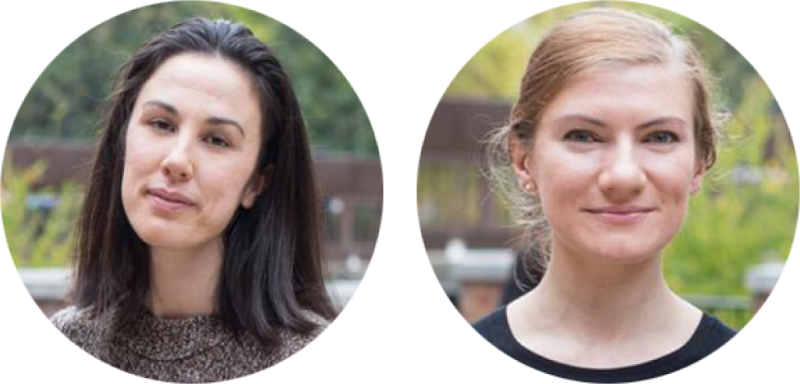
Ph.D. candidates in the College of Arts & Sciences' Department of Slavic Languages and Literatures Sarah McEleney and Alex Maxwell will present research using data science to examine rhetorical techniques of obfuscation that are used in underground writing to undermine an oppressive regime, its propaganda, and the spread of “alternative facts.”
Faculty mentor: Dariusz Tolczyk (Slavic Languages & Literatures)
12:30pm to 1:00pm
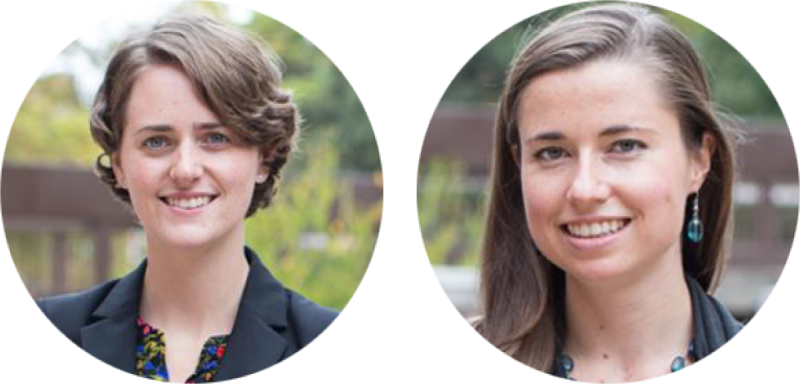
Ph.D. candidate in the School of Nursing and M.S. in Data Science candidate Caitlin Dreisbach and Ph.D candidate in the College of Arts & Sciences' Department of Psychology Caroline Kelsey will present research examining how the intestinal microbiome predicts levels of maternal internalizing symptoms and threat bias in mothers and their infants.
Faculty Mentors: Jeanne Alhusen (School of Nursing) and Tobias Grossman (Psychology)
1:00pm to 1:30pm
Modeling Microbial Stability via Semiparametric High Dimensional Graphical Models
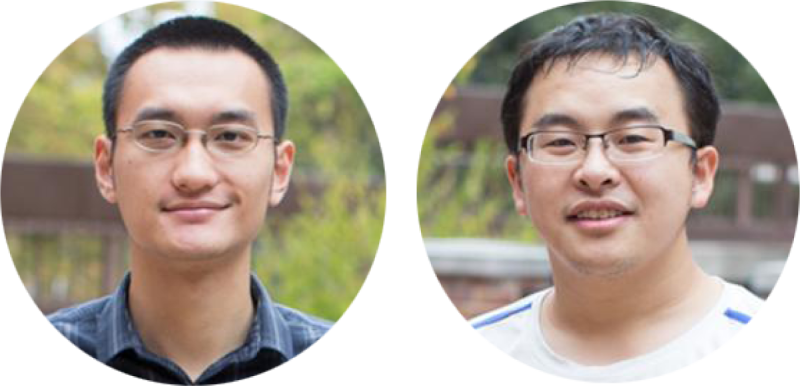
Ph.D. candidate in the College of Arts & Sciences' Department of Biology Yingnan Gao and Ph.D. candidate in the School of Engineering's Department of Systems & Information Engineering Lu Tian will present their research using data science and biology to examine the role of the human gut microbiome in metabolism, modulation of the immune system, and pathogen resistance, and potential ways to improve its stability.
Faculty Mentors: Martin Wu (Biology) and Quanquan Gu (Systems & Information Engineering)
1:30pm to 2:00pm
Echo Chambers, Audience, and Community: Studying the democratic use of social media with Big Data
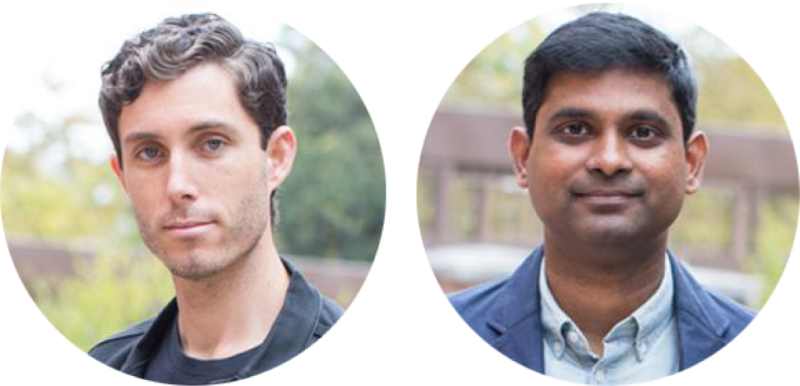
Ph.D. candidate in the College of Arts & Sciences' Department of Politics Colin Kielty and Ph.D. candidate in the College of Arts & Sciences' Department of Psychology Anup Gampa will present their research examining online political discourse from the perspective of those engaged in it.
Faculty Mentors: Nicholas Winter (Politics) and Brian Nosek (Psychology)
2:00pm to 2:30pm
Ethically Paternal: Value Directed Algorithms
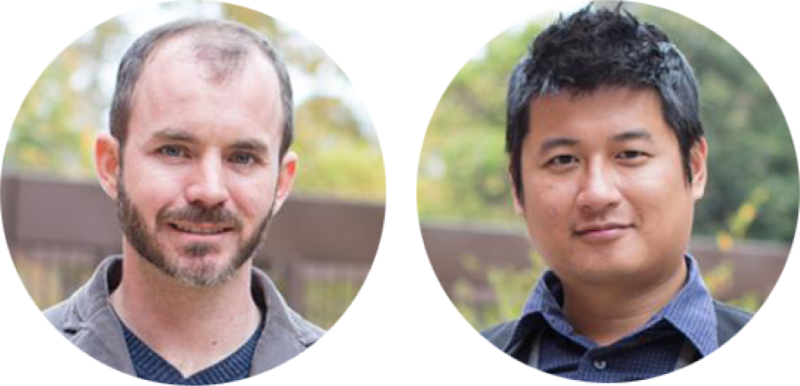
Ph.D. candidate from the School of Engineering's Department of Systems & Information Engineering Mark Rucker and Ph.D candidate from the College of Arts & Science's Department of Philosophy Derek Lam will present their research designing an algorithm that can push back against an individual’s immediate desires (i.e., act paternalistically) to reach their values in an ethically defensible manner through the development of a book recommendation app.
Faculty mentors: Matthew Gerber (Systems & Information Engineering) and Talbot Brewer (Philosophy)
2:30pm to 3pm
Air pollution-ecosystem feedbacks: Unmanned aerial vehicles and ecosystem models to quantify ozone-forest interactions

Ph.D. candidates in the College of Arts & Sciences' Department of Environmental Sciences Laura Barry and Jessica Munyan and Ph.D. candidate in the School of Engineering's Department of Electrical and Computer Engineering Tingyang Meng will present research examining the spatial complexities of O3-photosynthesis interactions in forest ecosystems – large, complex, and variable systems – through the use of unmanned aerial vehicles.
Faculty mentors: Sally Pusede (Environmental Sciences) and Zongli Lin (Electrical and Computer Engineering)